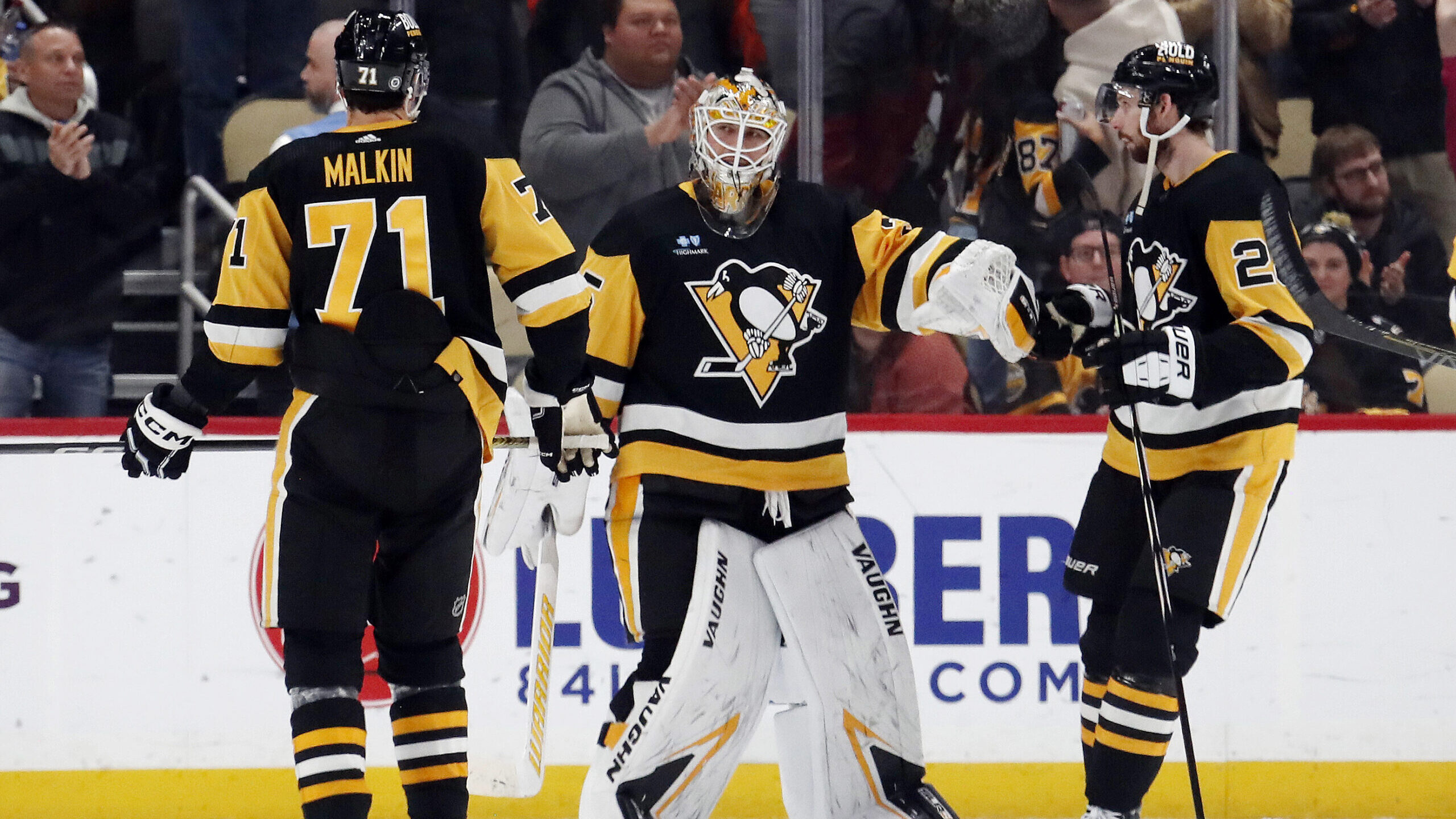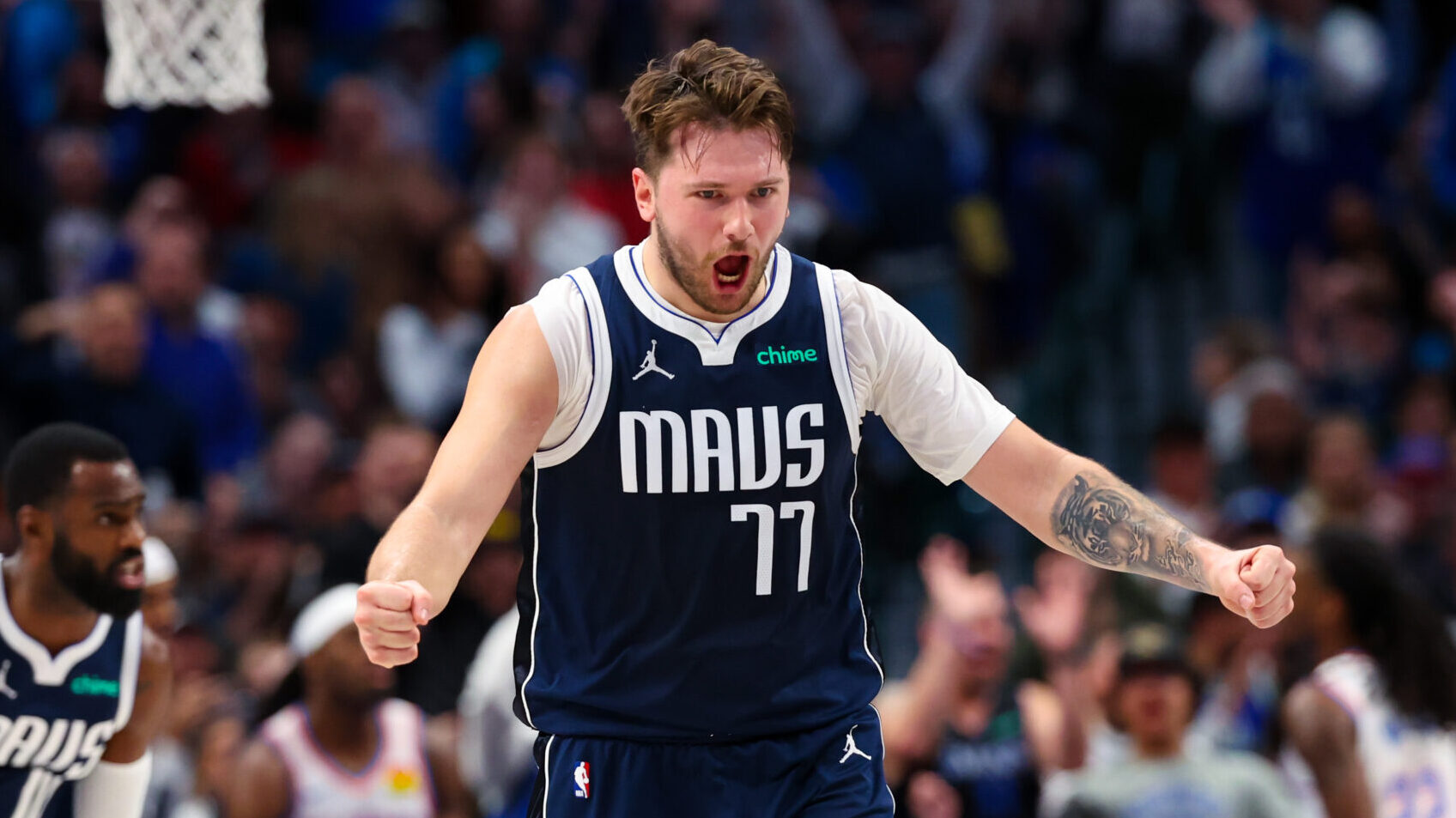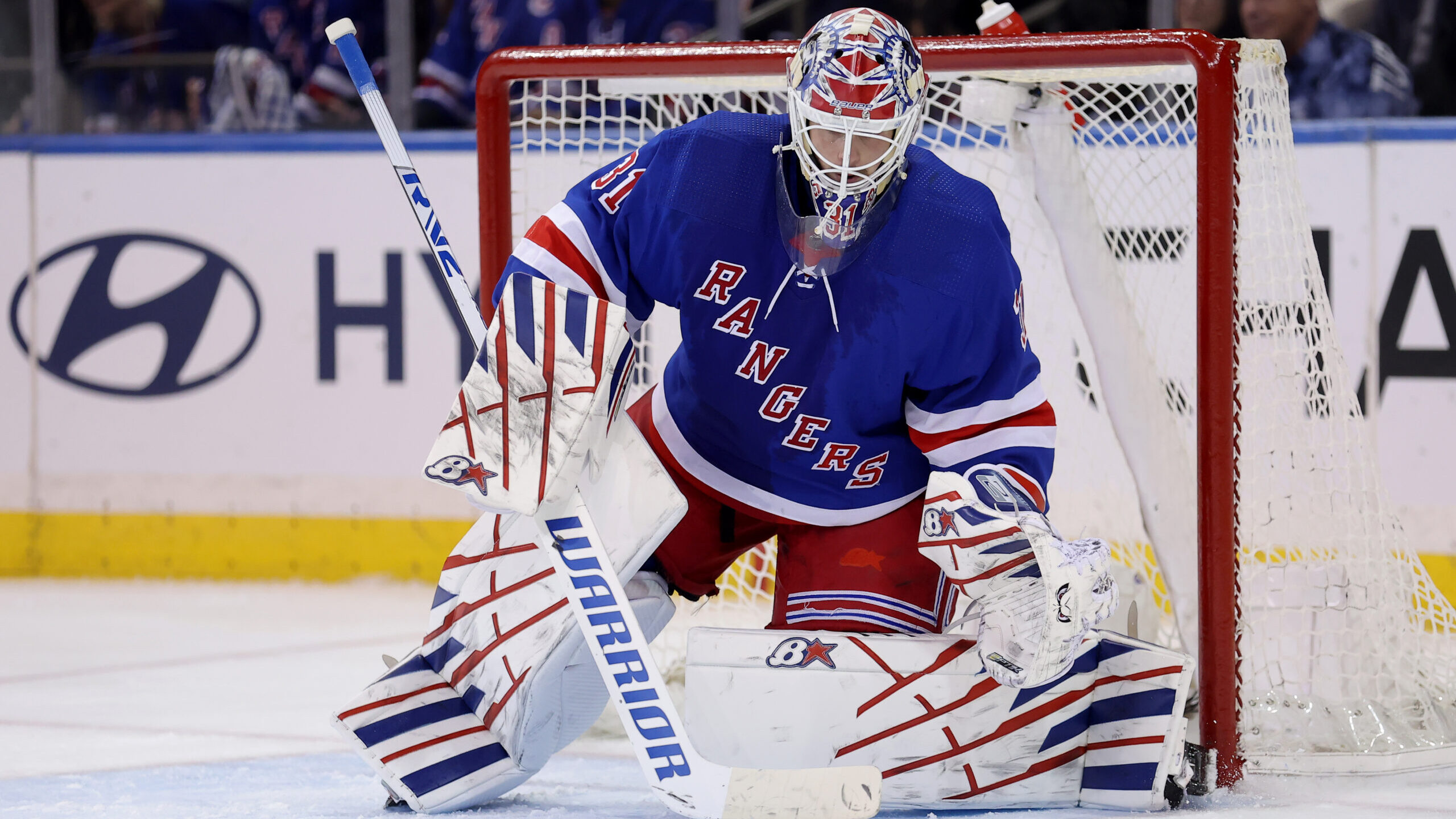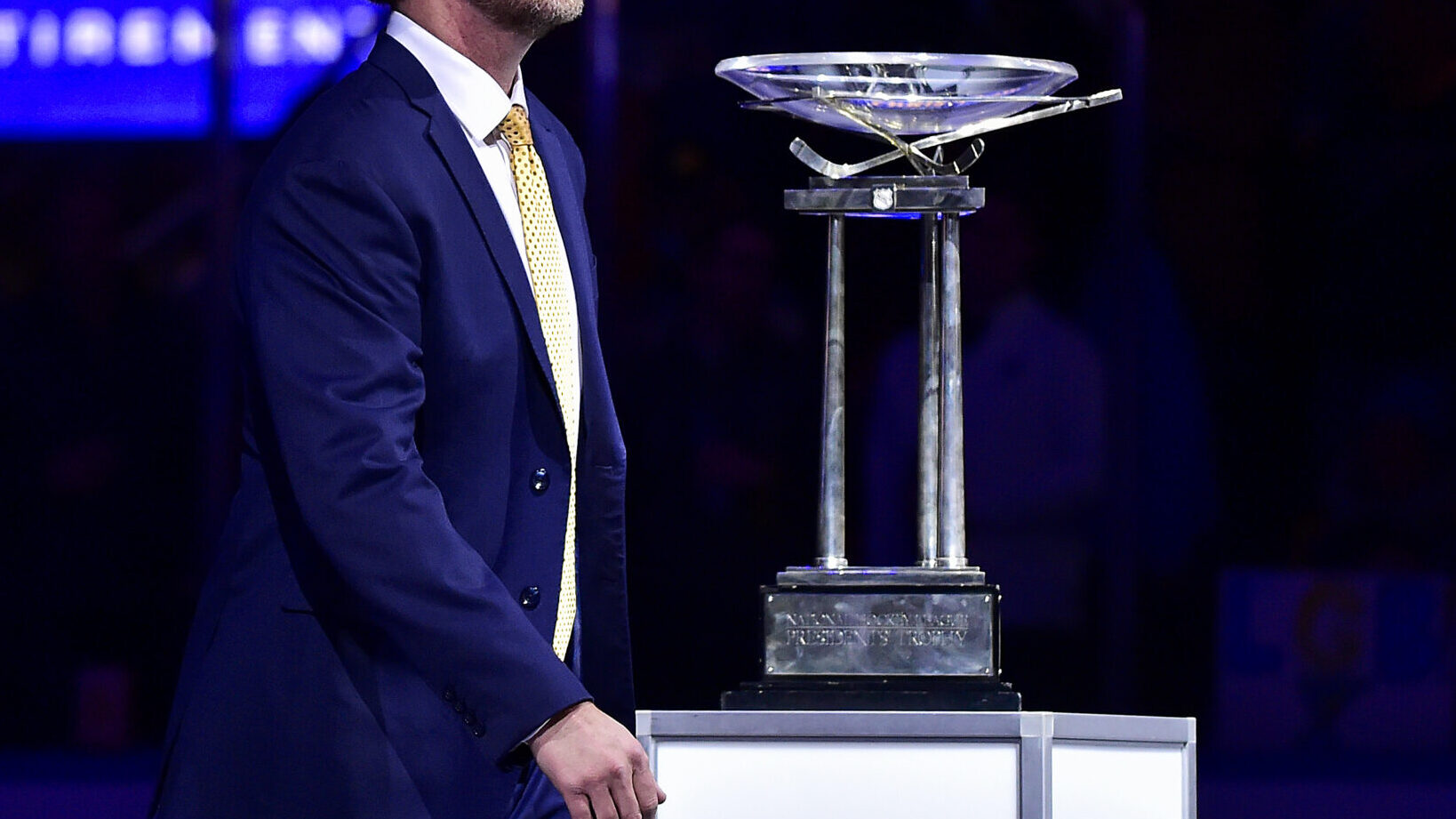If the best players in fantasy baseball are those who exceed the value suggested by their draft position, then the worst are those who don't live up to it.
Fluctuations in performance are the norm in baseball, a sport where only the elite players are able to maintain All-Star-caliber performances consistently from year to year. But detecting the players who enjoyed good luck last season, or are likely to be affected by other factors — such as their ballpark — going forward is the best way to avoid falling into the trap of regression.
To steer you away from the players who aren't likely to produce at a level consistent with their price tag, here are 15 that you might consider avoiding on draft day.
Johnny Damon
The concern with Damon has nothing to do with a projected drop-off in skills and is no fault of his own (beyond his decision to leave the Bronx). Last season, the 36-year-old hit .282 with 24 homers, his most since 2006. But take a closer look, and you'll see that 17 of those 24 homers came at Yankee Stadium, largely thanks to the short porch in right field. Damon won't have the dimensions of Comerica Park working for him quite as nicely, so don't expect more than 14 dingers (his 2009 road total projected over a full season) from him in Detroit.
Ryan Franklin
Here are Franklin's ERAs over the last six seasons: 5.10, 4.44, 4.58, 3.04, 3.55, 1.92. Spot the outlier? That would be last season's ERA, and it's unlikely that the veteran righty picked up a new skill in his late-30s. Rather, Franklin's breakout was the doing of his .269 BABIP against and 85.7 percent strand rate, both of which almost certainly won't be repeated. Hence, you'd be wise to look at Franklin's xFIP from last season (4.27), and draft him as you would a pitcher who is nothing more than a potential source of 30-35 saves.
Brad Hawpe
You'd be hard-pressed to find someone who'll tell you that Hawpe can't hit, because he's been remarkably consistent in that regard over the past five seasons, posting a batting average between .283 and .293, and slugging between 22 and 29 homers annually. The problem is that the 30-year-old is an absolute butcher in the field, having logged UZRs of -23.5, -37.2, and -21.3 over the past three years. Further, manager Jim Tracy now has a stable of young outfielders (Carlos Gonzalez, Dexter Fowler, Seth Smith, Ryan Spilborghs) to deploy instead of Hawpe, and considering Hawpe's .775 OPS against southpaws last season, his defense could land him in a value-sapping platoon.
Jair Jurrjens
Jurrjens is the latest Curacaoan to strike it rich in Atlanta, following in the footsteps of Andruw Jones, but before Braves fans fall madly in love, it's worth waving the yellow caution flag a bit. The 24-year-old righty compiled a highly impressive 2.60 ERA last season, ranking right between Cy Young candidates Felix Hernandez and Adam Wainwright on that list. The problem is that while Jurrjens is highly talented, last season's 152-to-75 K/BB ratio suggests that he's not good enough to rank among the elite — at least not yet. And even accounting for some improvement as he matures, Jurrjens is virtually certain to fall back toward his 4.34 xFIP. That's a regression you'd rather not witness firsthand.
Jason Bartlett
Let's play "Spot the Outlier!" again — here is Bartlett's OPS from his three seasons since he became a big league starter in 2007: .699, .690, .879. That last number sure doesn't seem to fit the trend, and while Bartlett might be a late bloomer who suddenly developed a power stroke at age 30, regarding his 2009 output as anything other than a fluke makes for a risky investment. There certainly is value in a .280 hitting shortstop who can steal 25 bases, but that value is much different from a .320 hitter who mashes 14 homers in addition to those swipes. And as long as there are more stable shortstops on the board, when it comes to Bartlett, you should be adamant about only paying for the former.
Randy Wolf
Wolf was the de facto ace for the Dodgers last season, but there are numerous signs that portend a significant regression from his 3.23 ERA and 1.10 WHIP in Milwaukee. First, consider that the 33-year-old southpaw's BABIP last season was an unsustainably low .257, and that his 4.17 xFIP was nearly a full run higher than his ERA. Then, consider that Wolf's fly-ball-heavy tendencies have contributed to a 5.95 career ERA at his new home of Miller Park, where he has allowed eight homers in just 42 1/3 innings. Finally, consider that prior to last season, Wolf hadn't posted a BB/9 rate below 3.00 since 2005, and that his strikeout rate tumbled below 7.00 K/9 for the first time since 2006. Add that all up, and there's compelling evidence to avoid Wolf in favor of a higher-upside starting pitcher in the late rounds of your draft.
Bengie Molina
Bengie, a fan favorite in San Francisco, is back with the Giants for 2010, but is essentially a one-trick pony for fantasy purposes. The 35-year-old backstop drilled a career high 20 homers last season and it's fair to expect a similar total during the coming year. However, Molina is likely moving down to the No. 6 spot in Bruce Bochy's lineup, and he won't have nearly as many opportunities to drive in runs there as he did while batting cleanup. Considering that Molina offers little in the way of help in terms of batting average, runs, and stolen bases, that two-spot slide could mean a big step backward in fantasyland. And don't forget that top prospect Buster Posey will be on his heels for much of the season.
Brian Fuentes
Angels lefty Brian Fuentes is the definition of a cardiac closer, as he often pushes tight games to the brink before eventually shutting the door — which he did a league-high 48 times last season. There are two concerns with the 34-year-old southpaw, beginning with his second-half performance in 2009, when Fuentes logged a pitiful 12-to-15 K/BB ratio in 24 1/3 innings. In addition, the Angels lost significant talent this winter, and are unlikely to be the dominant AL West juggernaut that won 97 games last season. Put all that together, and it becomes clear that you should only consider Fuentes once the top-10 closers are off the board.
Derek Jeter
Jeter is a phenomenal ballplayer and a future Hall of Famer, but his .334 average, 18 homers, and 30 steals last season all represented his highest totals since 2005-06. At the age of 35, it's unlikely that the Yankees captain will be able to put together consecutive performances of that caliber. In fact, prior to 2009, Jeter's numbers had been precipitously declining for three seasons. The shortstop position isn't especially deep, so Jeter should rank among the top five at the position regardless, but when considering drafting him, remember that a modest decline across the board is probably in store.
J.A. Happ
Happ's ceiling was widely believed to be that of a quality back-of-the-rotation arm, but the 27-year-old southpaw far exceeded those expectations by going 12-4 with a 2.93 ERA last season. However, the underlying numbers — a 119-to-56 K/BB ratio and 20 homers allowed in 166 innings — don't suggest that his rookie effort is repeatable. Indeed, Happ's BABIP against last season was just .270, and he stranded a remarkable 85.2 percent of opposing base runners; don't expect that to happen in 2010. The xFIP formula says that Happ's actual ERA last season should’ve been 4.49, and given his lack of dominant stuff, that's a more likely outcome down the road.
Marco Scutaro
The Red Sox signed Scutaro this winter to at least temporarily halt a carousel at the shortstop position, and he's fully capable of filling that role. However, because the 34-year-old won't hit leadoff in Boston and enjoyed what likely was a career year last season, it's foolhardy to expect another 12 homer, 100-run campaign. More likely, Scutaro will be a quality No. 9 hitter for Terry Francona, with an OPS in the low-.700s and a healthy share of doubles. That'll satisfy the Red Sox in real life, but you can certainly strive for more out of your starting fantasy shortstop.
Casey McGehee
McGehee's fantasy value comes largely from his eligibility at second base in some leagues, because a .301 average and 16 homers are nice, but 66 RBI and 58 runs aren't quite enough from a starter at a premium offensive position. Moreover, there isn't much in the 27-year-old's .279 AVG/.332 OBP/.409 SLG minor league line to suggest that he's capable of repeating his performance from 2009. A severe regression is unlikely, but don't draft McGehee as anything more than an insurance policy in leagues where he doesn’t qualify at second.
Ichiro Suzuki
Ichiro's quirky swing and incredible home-to-first speed have defied logic for years, but as he goes deeper into his 30s and his legs gain mileage, Ichiro's burst out of the batter's box will eventually decline. Because he's a hitter who relies heavily on infield singles and grounders through the left side, Ichiro will soon experience a decline not only in steals, but also in batting average. It's anyone's guess whether that regression will come this season at the age of 36, though Ichiro's 26 steals in 2009 — his lowest output since coming to the States — are a concern. Hence, if you're looking for a solid outfielder who will provide a nice batting average and steals in the early rounds, Bobby Abreu and Shane Victorino may be safer investments than Ichiro.
Russell Branyan
It was a tale of two seasons for Branyan in 2009, as he batted .280 with 22 homers before the All-Star Break, but managed just a .193 average and nine homers after it. The 34-year-old first baseman has booming power, but he's also a good bet to strike out in a third of his plate appearances. Hence, his batting average should land somewhere in the neighborhood of the .251 mark he ended last season with, so don't draft Branyan expecting a significant improvement based on his first-half performance. Assuming his back issues subside, Branyan is a good source of homers late in the draft, and he's projected to start at first base for the Indians — just don’t sleep on fellow power threat Matt LaPorta, who could eventually overtake him.
Edwin Jackson
At the age of 26, Jackson is already with his fifth professional organization, but he posted a career best 3.62 ERA and won 13 games for the Tigers last season. That's the good news; the bad news is that Jackson is moving into a hitter's park in Arizona, which is a poor fit for a pitcher who generates a ground-ball rate below 40 percent. The hard-throwing righty surrendered 27 homers in Detroit in 2009, so it's no surprise that even with a much improved 2.30 K/BB ratio, his xFIP (4.39) was nearly a full run higher than his actual ERA. In order to maintain his success in Arizona, Jackson will need to maintain his improved walk rate while finding a way to induce more grounders. It’s possible that he can do that, but you might be happier with the more consistent Mark Buehrle or Joe Blanton in the middle rounds of the draft.
Hungry for more? Check out NESN.com's top 300 fantasy baseball players.
See our position-by-position rankings here: C | 1B | 2B | 3B | SS | OF | SP | RP



